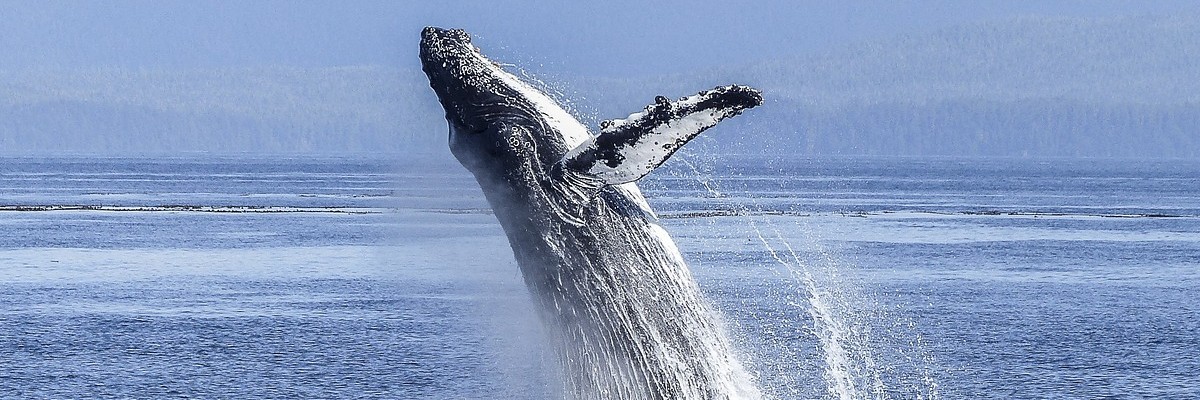The ocean is a vital component of our ecosystem and harbors rich and diverse biodiversity. However, it faces numerous threats. Overfishing, rising ocean temperatures, pollution, and habitat destruction are just a few examples. To protect and restore the health of the ocean, an integrated and coordinated approach is necessary.
One important aspect is the creation and effective management of protected areas. Currently, only a small portion of the ocean is legally protected. It is essential to conserve at least 30% of the ocean's surface through protected areas and other conservation mechanisms. These efforts may include establishing marine protected areas in regions with significant marine biodiversity and involving indigenous communities in their management.
Additionally, promoting sustainable fishing and responsible management of marine resources is crucial. Overfishing poses a threat not only to marine life but also to global food security. Initiatives such as the FishPath approach and collaboration with local communities and international organizations can contribute to sustainable fisheries management and the conservation of marine species.
In conclusion, the involvement of communities, governments, non-governmental organizations, and the private sector is essential in protecting and restoring the health of the ocean. Through collaboration among these stakeholders, innovative and sustainable solutions for the conservation and restoration of marine ecosystems can be implemented. Urgent and coordinated actions are needed to ensure a sustainable future for the ocean and to safeguard our natural resources and the common well-being of the planet.
Source: Nature

